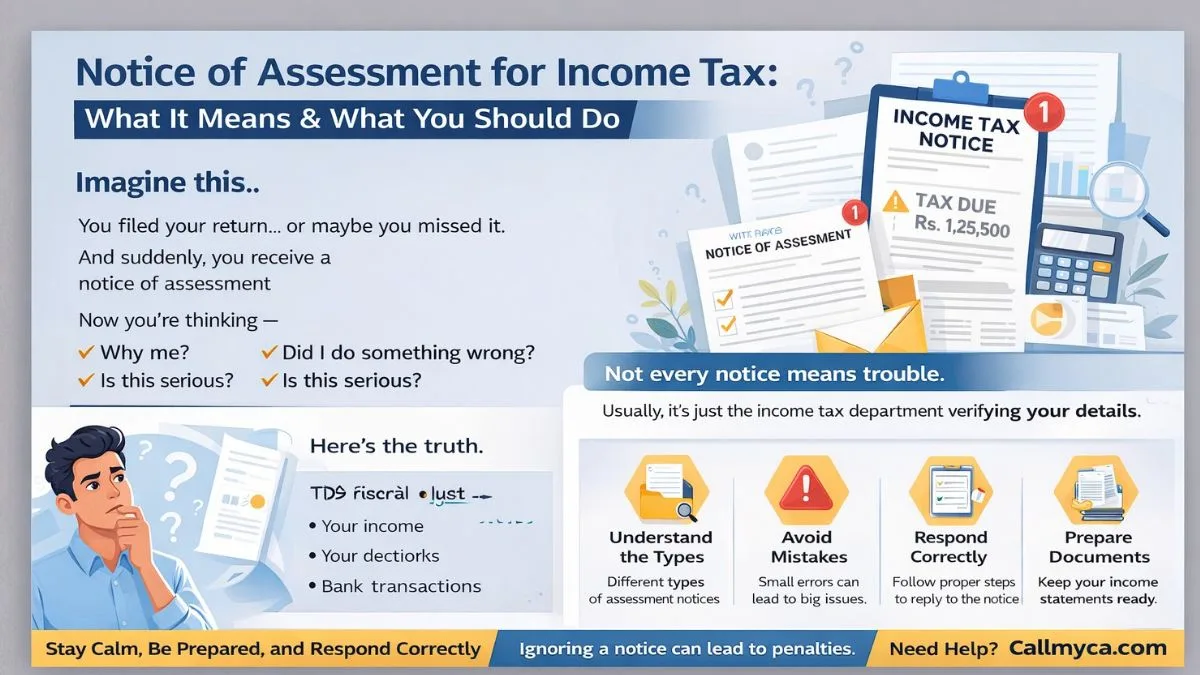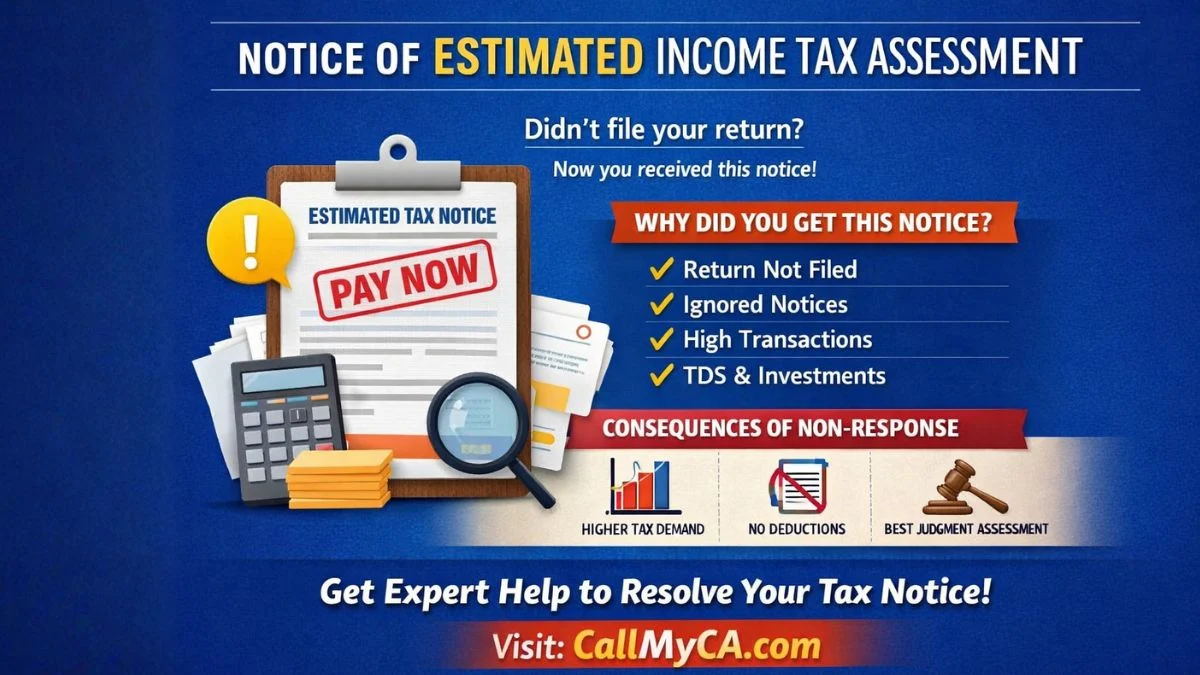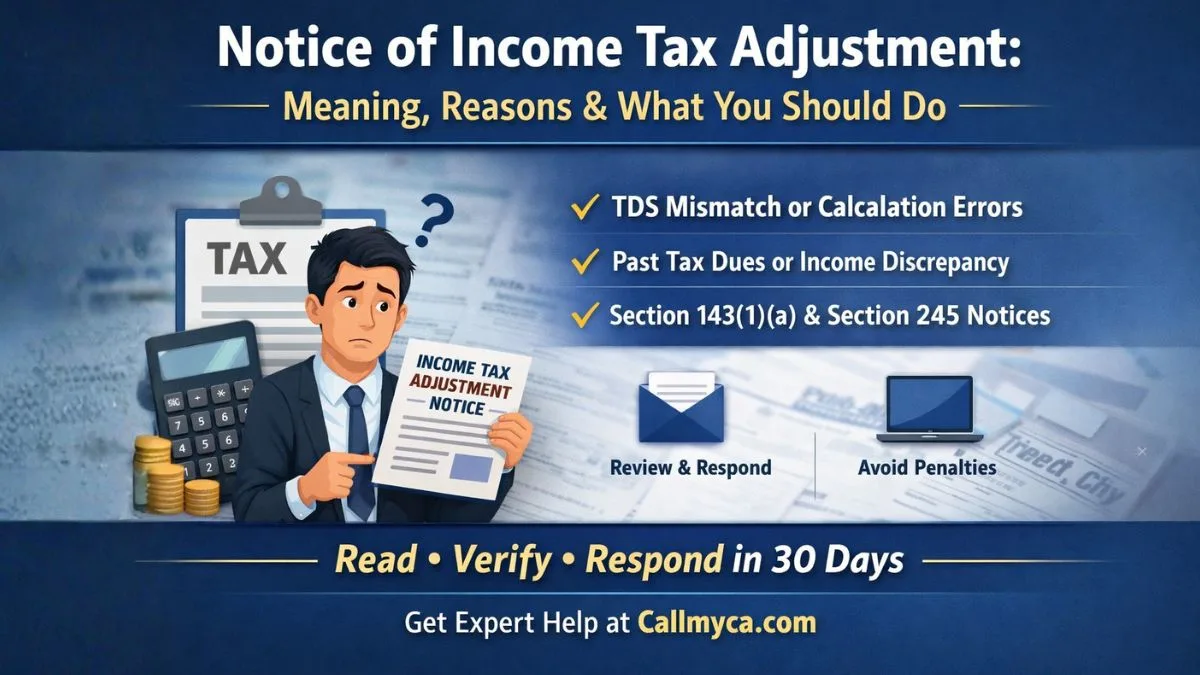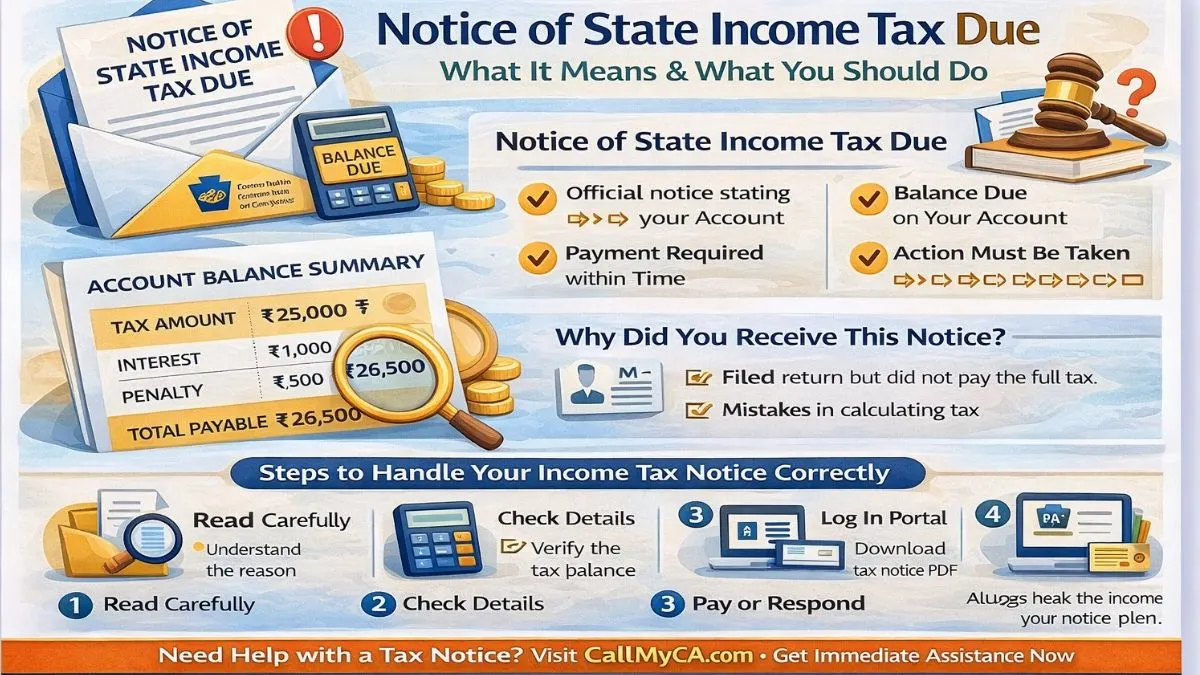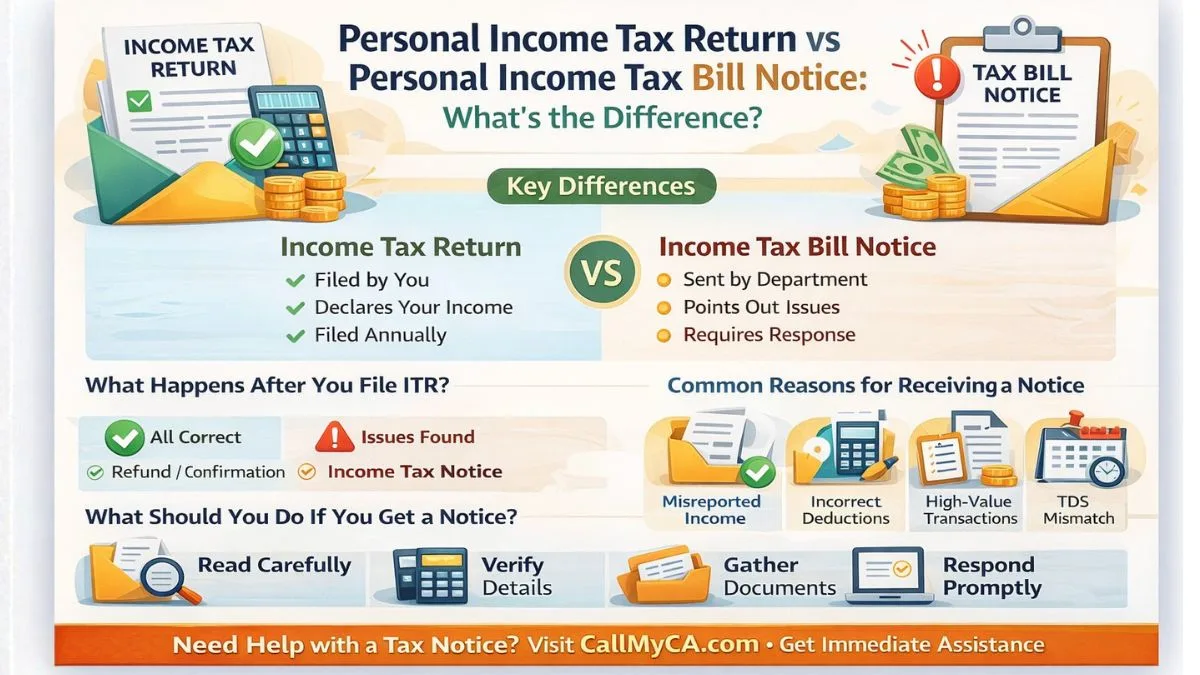
When it comes to smart tax planning, Section 80D of the Income Tax Act is one of the most valuable tools available to taxpayers. This section offers tax deductions of up to ₹25,000 on health insurance premiums paid in a financial year, helping you save money while ensuring health security for yourself and your family. It applies to individuals and Hindu Undivided Families (HUFs) and covers payments made towards medical insurance premiums for self, spouse, dependent children, and parents.
If you are paying for your parents’ health insurance & they are senior citizens, you can enjoy even higher deductions. Additionally, taxpayers can claim a deduction for expenses on preventive health check-ups, making it a well-rounded benefit for both health and financial planning.
How Section 80D Works
Section 80D encourages taxpayers to secure their health through insurance while reducing taxable income. The deduction is available for payment for medical insurance premium made via any mode other than cash (except for preventive health check-ups). For individuals below 60 years, the maximum deduction is ₹25,000 per year for self, spouse, and dependent children. If you are also paying for parents’ health insurance, you can claim an additional deduction of ₹25,000, taking the total benefit to ₹50,000."
For senior citizens (aged 60 and above), the maximum deduction is ₹50,000 for themselves & another ₹50,000 if paying for parents. This means a family with senior citizen parents could claim up to ₹1,00,000 in deductions under this section. The 80D deduction permits a person to claim deductions on the health insurance premiums of up to a maximum limit prescribed by the Income Tax Act.
Apart from regular health insurance, taxpayers can claim a deduction for expenses on preventive health check-ups up to ₹5,000, which is included within the overall limit. This is especially useful for those without a full insurance plan but who still invest in preventive care.
The primary goal of Section 80D is to promote financial preparedness for medical emergencies while giving a direct tax advantage. Whether it’s a comprehensive policy or a top-up cover, the deduction applies as long as the premium is paid through eligible modes. For those aiming for maximum tax efficiency, aligning your health coverage with this section is a strategic move.
Eligibility for Section 80D Deduction
- Individuals & Hindu Undivided Families (HUFs).
- Premium must be paid for self, spouse, dependent children, or parents.
- Payment should be made through banking channels (cash not allowed except for preventive check-ups)."
Also Read: Tax Deduction for Medical Treatment of Specified Diseases
Deduction Limits Under Section 80D
- Below 60 Years – ₹25,000 for self/family ₹25,000 for parents.
- Senior Citizens – ₹50,000 for self/family ₹50,000 for parents.
- Preventive Health Check-up – ₹5,000 included in the above limit.
Benefits of Section 80D
- Tax Savings – Reduce taxable income by claiming health insurance premiums.
- Comprehensive Coverage – Encourages citizens to stay insured.
- Health Awareness – Promotes preventive health check-ups.
What’s Covered Under Section 80D?
- Regular health insurance policies.
- Top-up health plans.
- Critical illness policies.
- Preventive health check-up expenses.
Also Read: Tax Benefits for Families of Persons with Disabilities
Tips to Maximize Section 80D Benefits
- Buy policies covering both self & parents.
- Opt for long-term policies to lock in lower premiums.
- Schedule preventive health check-ups annually.
- Ensure payment is made digitally or via cheque/UPI/bank transfer."
Mistakes to Avoid
- Paying premium in cash (except check-ups).
- Forgetting to claim for parents’ insurance.
- Not keeping receipts or premium payment proof.
💡 Want to maximize your Section 80D savings without missing any claim? Visit Callmyca.com – we help you plan health cover & taxes for the perfect win-win.


